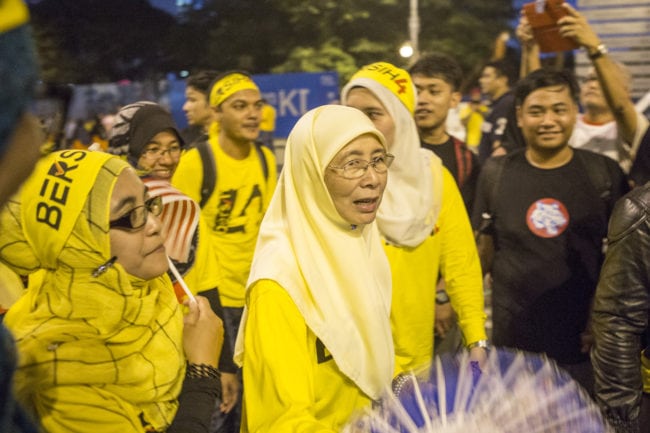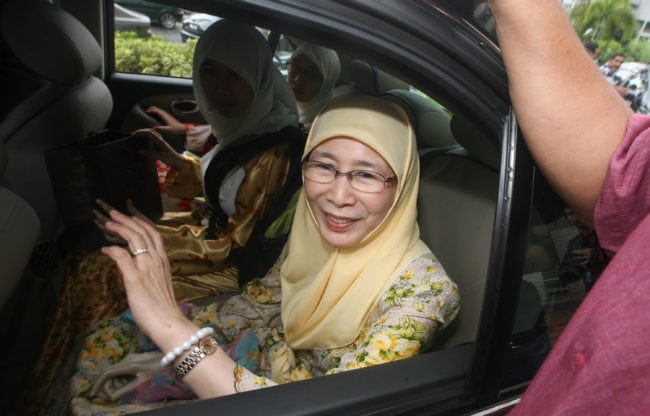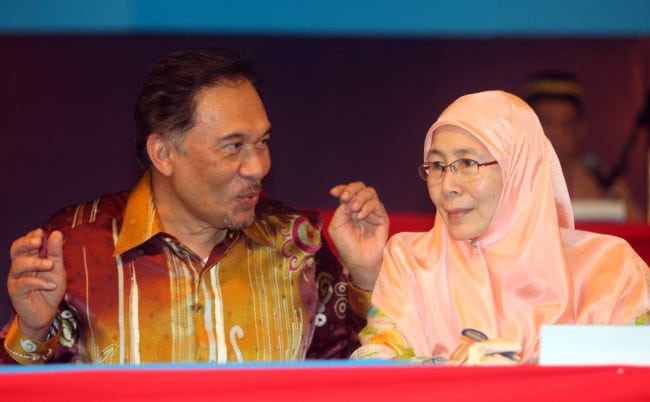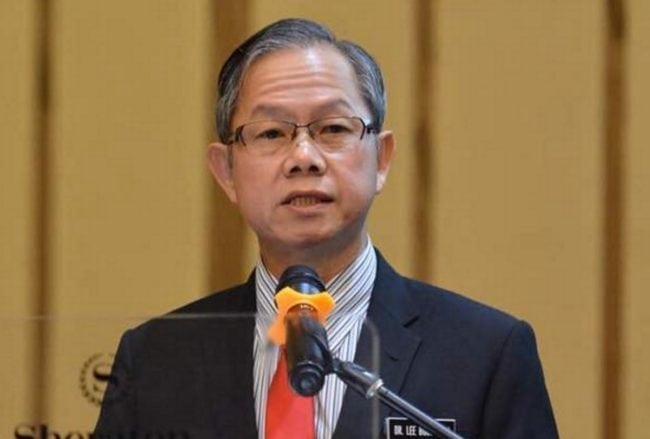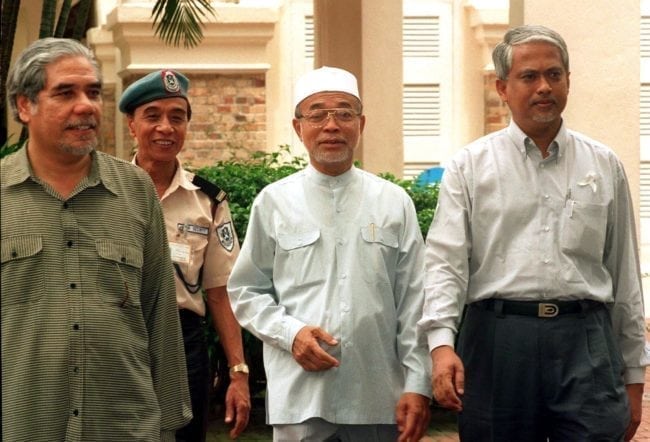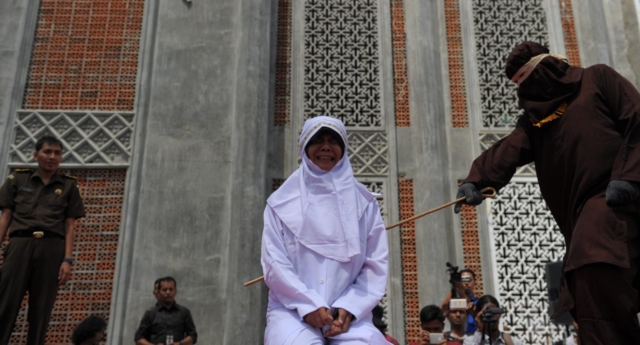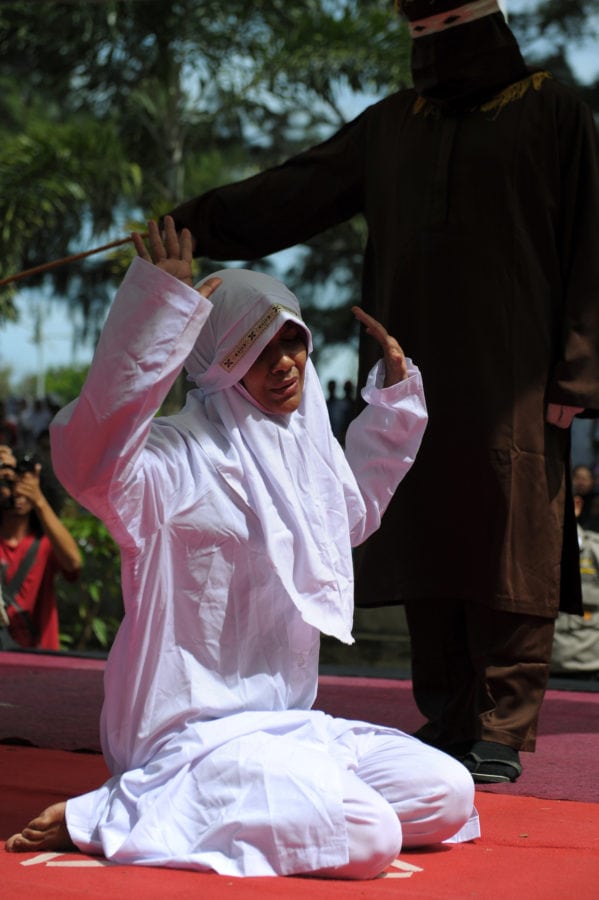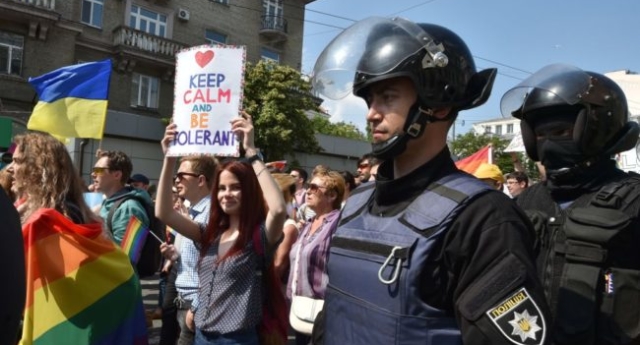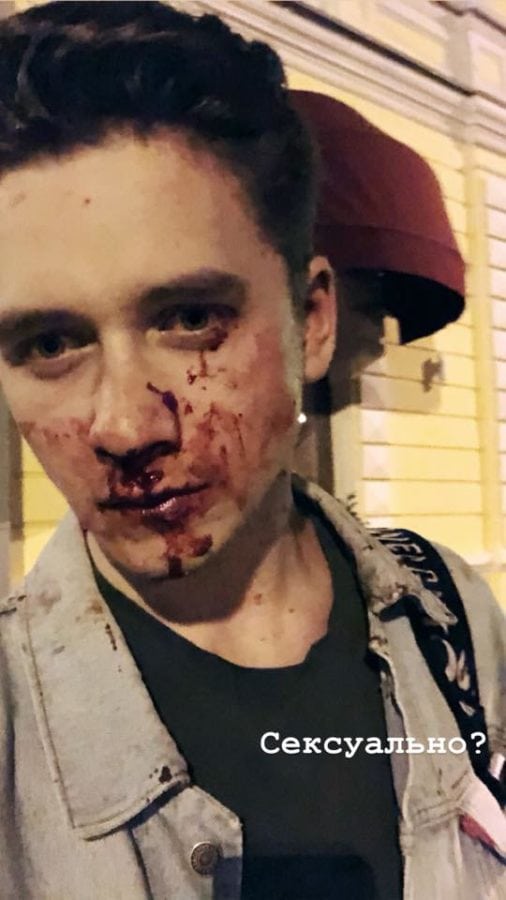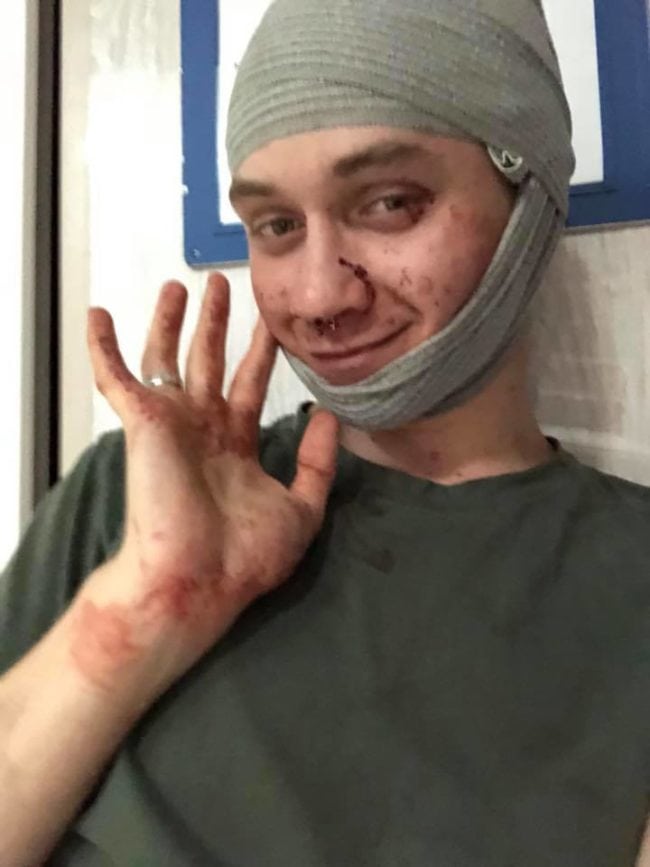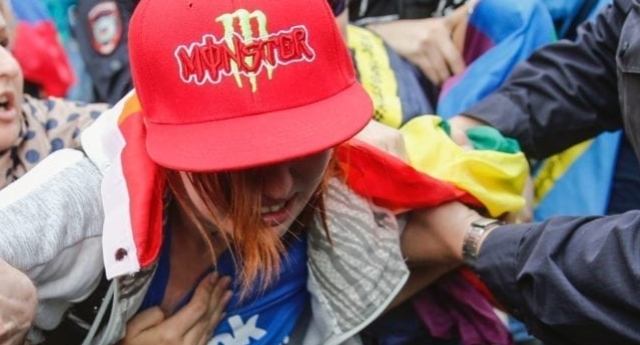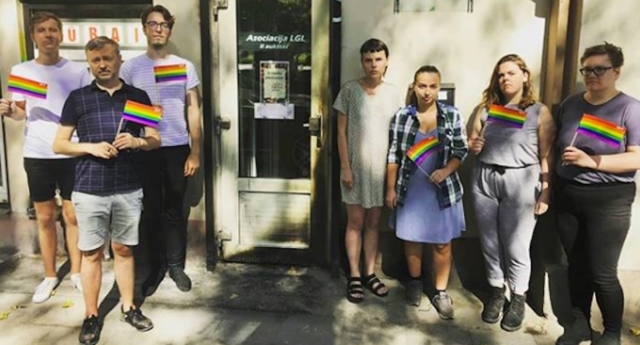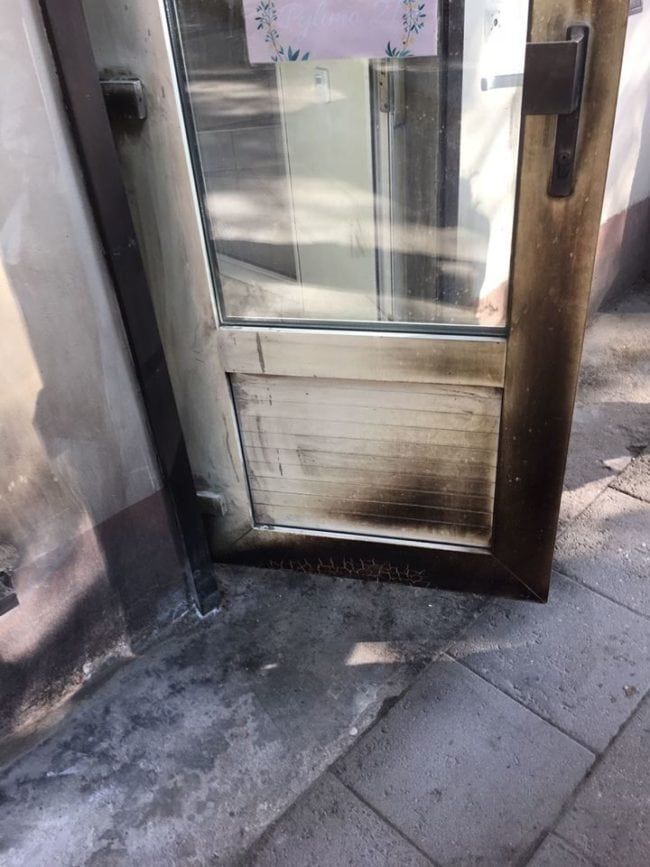India’s Highest Court Struck Down a Law Banning Queer Sex
India’s highest court has just struck down a more than century-old prohibition on gay sex, calling the Victorian-era law “irrational, indefensible, and manifestly arbitrary.”
The ruling represents a hard-fought victory for gay-rights activists in India, who have been battling the law for more than a decade. But it’s also a symbolic break with India’s colonial past. The law, known as Section 377, dates to when the British Empire ruled India.
The court’s ruling on Thursday effectively makes it illegal to discriminate against people based on sexuality, though it doesn’t permit same-sex marriage. Section 377 was inconsistently enforced, but police and others sometimes weaponized the law to harass, blackmail, or extort transgender or gay people — especially men. Gay rights advocates said it also deterred victims of sexual assault from reporting crimes over fears of prosecution.
And that contributed to a culture of fear across India, according to activists who celebrated the ruling. A man named Krishna, one of the petitioners in the case, told the BBC: “I don’t know how it will change our lives yet but it helps us lead them without fear or depression.”
The fight to decriminalize gay sex in India
A five-judge panel, in a unanimous decision, overturned Section 377 on Thursday, though the same law had been upheld by the same court just five years earlier.
“We have to bid adieu to prejudices and empower all citizens,” India’s Chief Justice Dipak Misra said as he read the decision striking down the nearly 160-year-old law.
Section 377 criminalized “whoever voluntarily has carnal intercourse against the order of nature,” and sentences ranged from 10 years to life in prison.
/cdn.vox-cdn.com/uploads/chorus_asset/file/12859907/GettyImages_982830230.jpg)
Activists have been trying to change the legislation for more than a decade.
In 2001, the Naz Foundation, an Indian organization that works on HIV/AIDS advocacy, disputed the constitutionality of the law. The legal challenge wove its way through the courts for years. Finally, in 2009, the Delhi High Court overturned the ban on gay sex, but the ruling only applied in that specific jurisdiction, not across the country.
That early gay rights victory almost immediately faced a setback. Proponents of Section 377 took the challenge to India’s Supreme Court, which fully reinstated the ban on gay sex in 2013.
In that 2013 decision, the court said that gay people made up a “minuscule fraction” of India’s population, and left it up to India’s Parliament to change the laws.
But it was another landmark decision by India’s Supreme Court in 2017 — this one about privacy — that provided opponents of Section 377 a new avenue with which to challenge the law.
In August 2017, India’s highest court ruled that Indians have a fundamental right to privacy, and it included sexual orientation among those protected rights. “Discrimination against an individual on the basis of sexual orientation is deeply offensive to the dignity and self-worth of the individual,” the Court said in its decision.
And a year later, India’s highest court strengthened that principle when it struck down the law criminalizing gay sex. “What makes life meaningful is love,” Justice Dhananjaya Y. Chandrachud wrote in the decision. “The right that makes us human is the right to love. To criminalize the expression of that right is profoundly cruel and inhumane.”
What these decision might mean for India — and the region
India’s gay rights advocates won a major victory on Thursday — but there’s still more to do.
Issues like same-sex marriage, adoption, and inheritance rules have yet to be decided, and could lead to court battles in the future.
/cdn.vox-cdn.com/uploads/chorus_asset/file/12859913/GettyImages_1027680436.jpg)
The end of Section 377 won’t necessarily be embraced across India, and there’s still a lot of skepticism about gay rights outside major urban centers and among conservative religious Hindu, Muslim, and Christian groups. Those who wanted the law to remain in place argued that sexual orientation wasn’t innate, and that decriminalizing gay sex would lead to the spread of HIV, according to the New York Times.
But Prime Minister Narendra Modi and his conservative ruling party, Bharatiya Janata, largely stayed on the sidelines during this latest debate. The government, which had previously supported the law, said during the latest fight that they would leave the decision up to the courts.
This silence was likely driven by a mix of domestic and global political concerns — the desire to balance India’s ambitions as a modern economic power, while trying to placate some of its more conservative supporters.
Still, many advocates interpreted this ruling as laying the groundwork for a greater acceptance of gay, lesbian, and transgender people in India.
“This is not a narrow, do-what-you-want-in-your-bedroom type of decision,” Menaka Guruswamy, a lawyer for the plaintiffs in the case, told the Los Angeles Times. “This is so much wider than that, and the fact that many of the justices linked this to the idea of freedom and consent, that it was unanimous, that all of them looked to India as a constitutional democracy … it’s huge.”
The question now is how intensely this ruling might reverberate across the region, or in other countries (including former colonies) that have similar laws decriminalizing gay sex. According to the Washington Post, India was the largest country to have such a law — until Thursday.
“I was turning into a cynical human being with very little belief in the system,” Ritu Dalmia, one of the plaintiffs in the case, told the Guardian, “but honestly, this has really shown once again that we are a functional democracy where freedom of choice, speech and rights still exist.”
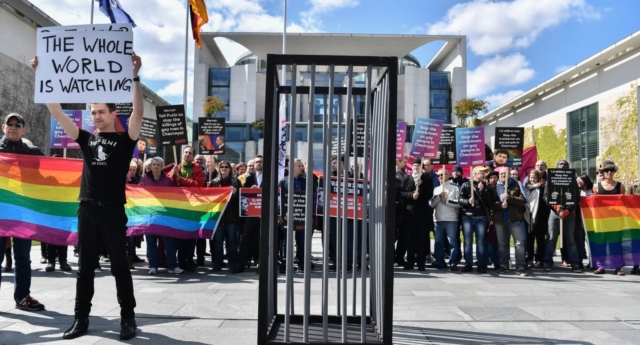
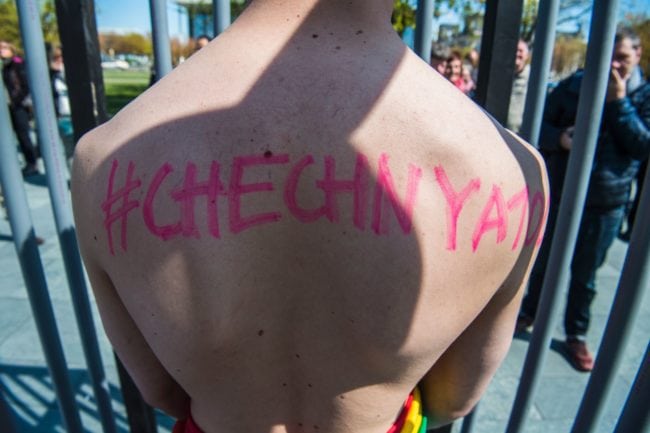
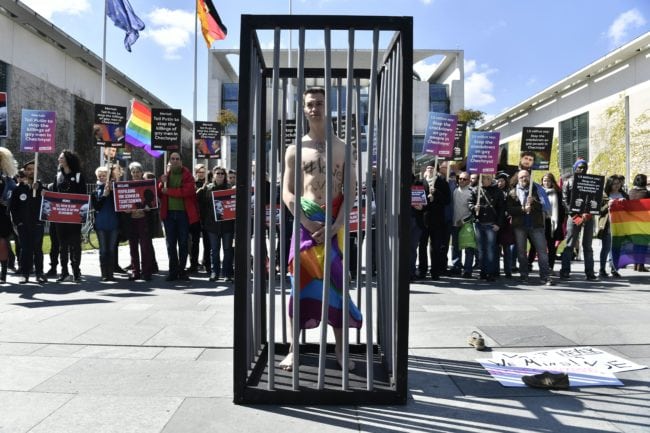
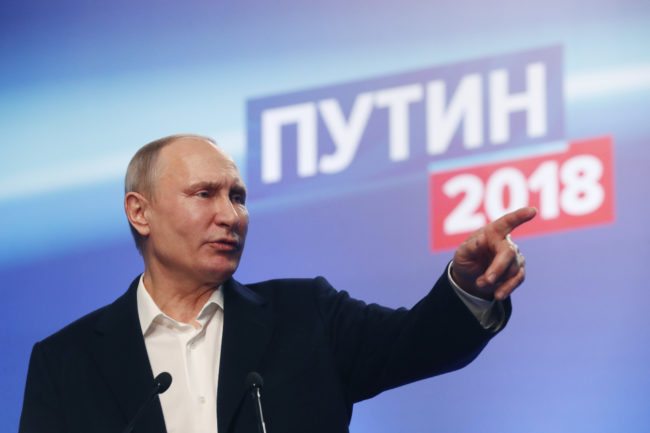
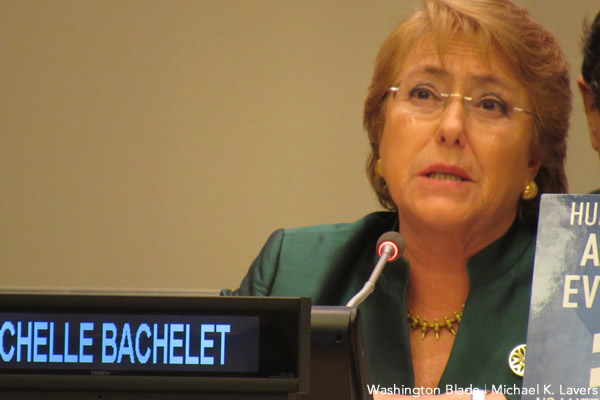
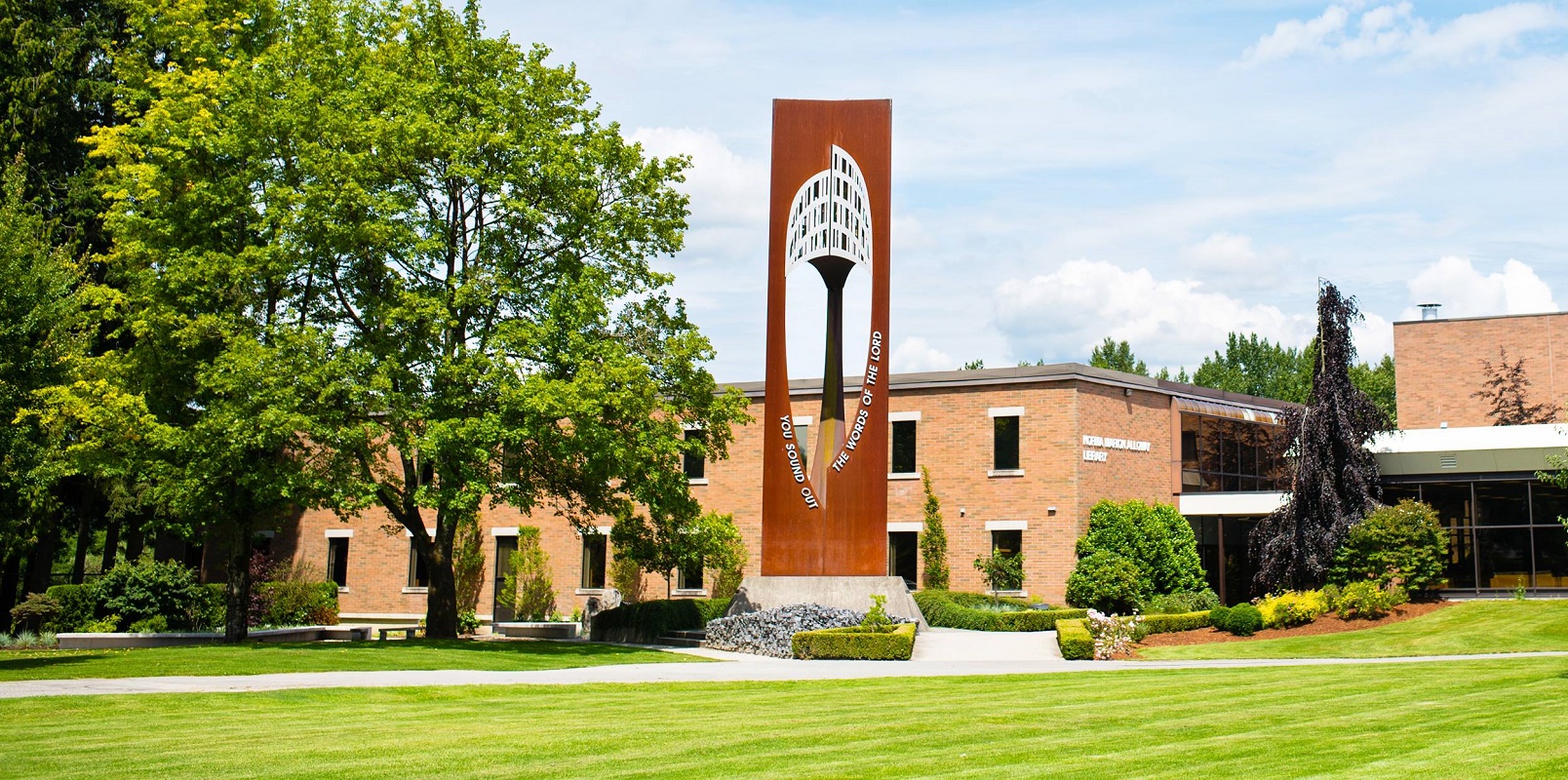
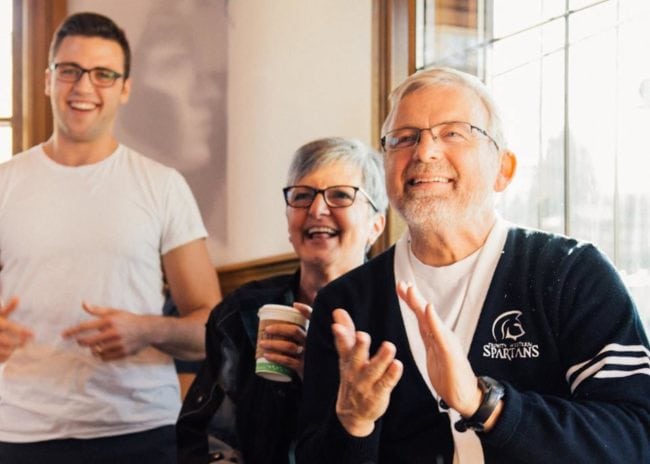
![Dr Wan Azizah Wan Ismail said "LGBTs have the right to practise whatever [it is] they do in private" (SHAWN THEW/AFP/Getty)](https://www.pinknews.co.uk/images/2018/08/GettyImages-51983163_640x345_acf_cropped.jpg)
